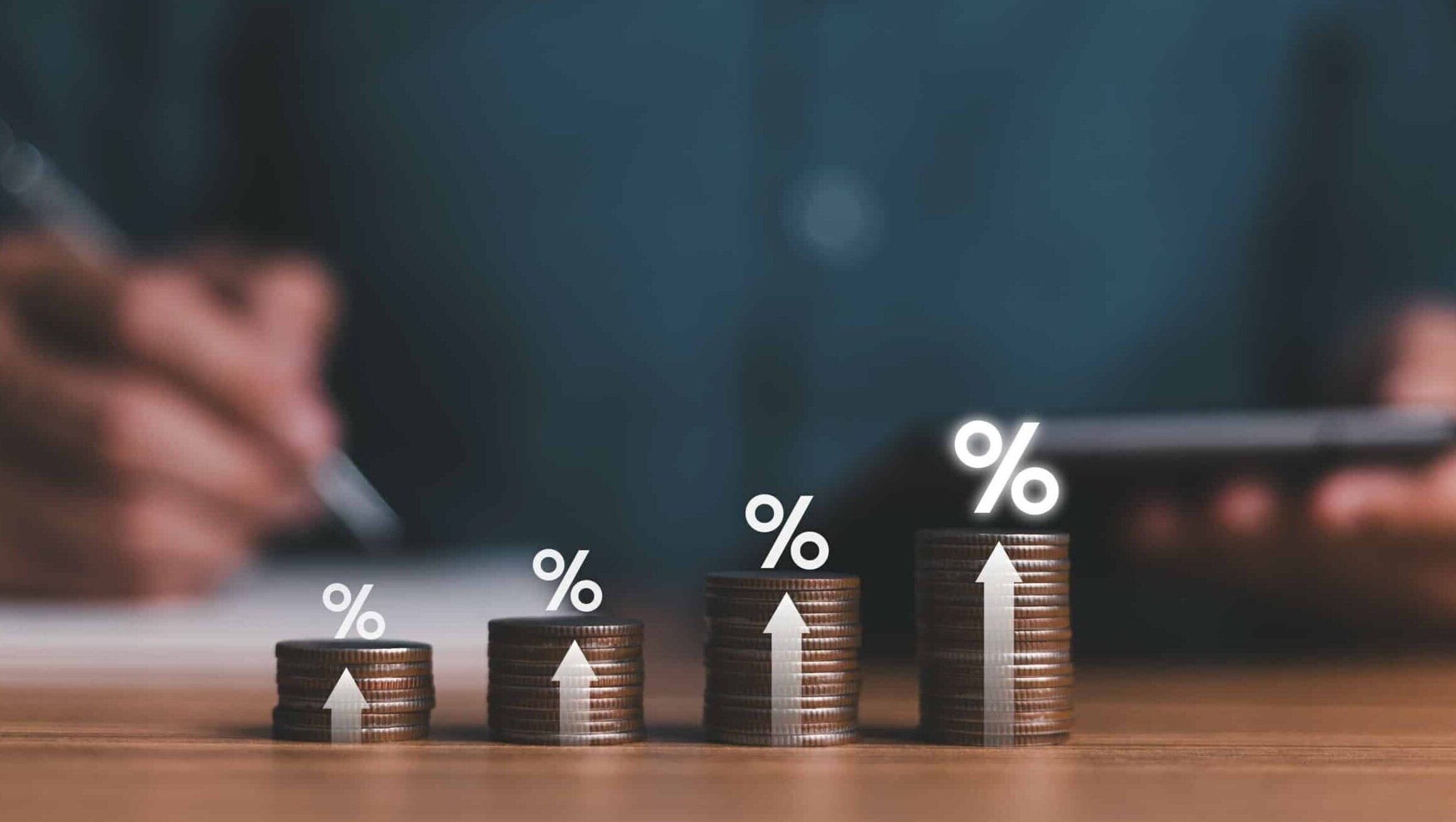Over the last couple of weeks, clients have been asking me if I think the fall of Silicon Valley Bank (SVB) and Credit Suisse (CS) will mark the start of GFC II, and whether we could see something similar happening to an Australian Bank.
In short, SVB, CS and many other smaller banks in the US and Europe have simply failed to manage their risk appropriately, and then failed to react quickly enough to the rapid rise in interest rates over the last 12 months.
SVB was the first domino to fall, who were seemingly caught out by step declines in the values of tech companies followed by a raft of their clients (including many venture capital firms) withdrawing their funds. Rapidly rising interest rates meant that SVB’s costs were increasing each month, and with a significant number of their clients withdrawing their funds en mass, they simply couldn’t meet their financial obligations.
Could SVB have avoided their collapse?
Hindsight offers 20/20 vision, but could SVB have done anything differently? They could have used interest rate swaps to cover the increased coupons they were paying on their own bonds, or they could have reduced their exposure to higher interest rate products. Instead, they did nothing and when they did react, it way too late and they simply ran out of money. It was a similar story with CS – they had over leveraged their balance sheet and failed to prepare for a higher interest rate environment.
US regulators once again, stepped in to guarantee deposits at SVB, and UBS (with the support of the US Government), will bail out CS. We also can expect to see Warren Buffet and Berkshire Hathaway leading the charge in buying up smaller regional US banks that are facing a similar fate.
Can this happen to Australian Banks?
Unlikely – Australian deposit banks are regulated by APRA, and have comparatively high tier one capital requirements – tier one capital is basically forced savings designed to guarantee deposits and loans beyond the Australian Government’s savings account guarantee. Therefore, Australian banks will be protected from the types of banking collapses we’re seeing overseas. But with global equity markets so interconnected, investors need to be wary that events overseas will certainly have a flow on effect in Australia.
What lessons will the banking sector learn from these events?
With the US Government, once again stepping in to bail out the banks that have failed to manage their risk, what’s to stop them from doing it again? Absolutely nothing.
We’re witnessing a socialisation of the banking system, so why would the banking executives change their behaviour? With the lure of huge bonuses largely tied to the level of risk they take, why would they? My view, and it’s not a popular view, is that we should let these banks fail. It will send global equity markets crashing, and people will lose money, but it will send a clear message that the tax payer will not continue supporting excessive risks taken by the banks.
Following last night’s decision by the Federal Reserve to increase interest rates by ‘only’ 25 basis points, the market rallied as it felt that we nearing the peak of where interest rates will go, and then Janet Yellen decided to speak and US indices gave up their gains. It will be interesting to see what the RBA do early next month, my guess is that interest rates will increase again.
I don’t see inflation will subsiding anytime soon though – The Australian Government will hand out a one off $250.00 payment to approximately 1,000,000 households next week – I’m not sure that those running our country have a firm grasp on basis economics – if you give someone free cash, what do you think they will do? They will most likely spend it, adding further upward pressure on inflation.
I think that we will see volatility in equity markets for the foreseeable future, so for those sitting on cash, there should be some value buying opportunities in the months ahead.



